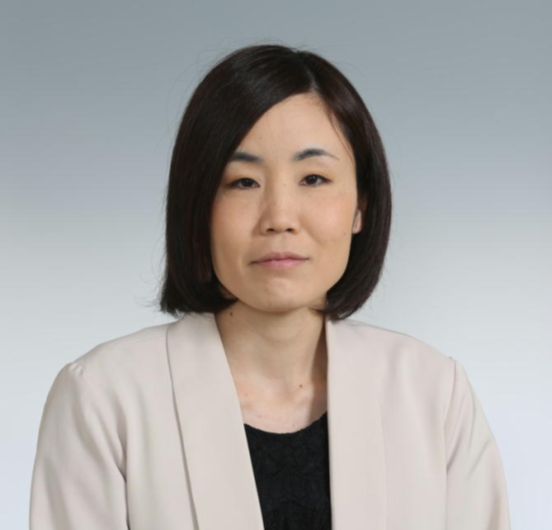Other languages : Arabic
【Students decided for themselves what they wanted to achieve.】
-Stories about the activities, including changes in the children and the classroom-
The children themselves decided what they wanted to achieve as the highest school graders, and each one of them acted toward that goal. The way they thought for themselves and willingly cleaned up after the allotted period was beyond the intentions and imagination of the teachers.



Target grades:
Activity Category:
Time:
6th grade elementary school
-
1 Classroom activity(2)(Classroom Instruction) 45minutes
2 Cleaning time (2-week practice)
3 End-of-day Meeting (review of practices)
![]()
Aims
-
To develop an attitude of motivation to improve school life, to recognize one's own challenges, and to improve one's own approach.
-
To review their own cleaning methods, and to set specific action goals for "Pleasant cleaning" as a student in the highest grade, and to be able to put them into practice.
![]()
Teaching materials and equipments
-
Summary of survey results
-
Enlarged paper to write rubric evaluation to be created by the students.
-
Whiteboards (one for each group)
-
Worksheets
![]()
Implementation Procedure
①Before the class
Some of the teachers and students felt that there was a difference in awareness and behavior as the highest graders. We took a questionnaire on the following items, focusing on "cleaning" which is done for the school as a whole, but which is taken for granted without awareness.
1.Do you work hard at cleaning?
2.Have you ever had any problems with cleaning?
3.What do you think "pleasant cleaning” means?
4.Do you now do the kind of clean-up work described above?
5.Do you like cleaning?
6.Do you like clean classrooms?
②In the class "Grasp"
The students presented what they noticed from the results of the questionnaire conducted beforehand. They confirmed that there is a discrepancy between their own viewpoint and that of others in terms of the state of feeling that they are "doing their best" and the problems with the current cleaning process.
【the results of the questionnaire】
③In the class “Explore”
We discussed what kind of "pleasant cleaning" we would aim for as the highest graders. We tried to think about it from various perspectives: ourselves, lower class students, teachers, visitors.
【On the board】
④In the class “Find”
The students were divided into groups of -- members for discussion. The groups were divided into three and discussed their goals in terms of "time," "behavior," and "feelings.
The goals discussed in each group were combined into a rubric that all members of the class agreed upon. (Hereafter referred to as the “Aiming Rubric.”)
【Making the rubric】
⑤In the class "Grasp"
The students practiced during break time based on the content that had been decided. They gave advice to each other and showed their practice to other teachers to get advice.
⑥In the class “Decide”
Based on the "Aiming Rubric" decided by the class, the students conducted a self-evaluation of their current cleaning activities.
They came up with specific action goals that fit the issues they identified as a result of their self-assessment.
【Activity card】
⑦After the class
The participants practiced for one week on the goals they had decided to achieve, and then self-assessed and reflected on their goals using the "Aiming Rubric."
If they wanted to modify the goals they had previously set, they did so and worked on their practice for another week.
【In practice】
【Self-evaluation and reflection】
⑧After the class
After the two-week practice period, when the other grades were away on field trips, the students volunteered to clean the other grades’ classroom, asking, " May I clean the grade -- area, too?
The students' growth was beyond the teachers' expectations.
【Voluntary cleaning even after the implementation period】
![]()
From the author (For foreign teachers, points of implementation, etc.)

- It can be useful when considering cleaning as a part of education. I think it is necessary to devise the goal and development according to the students' developmental stage.
- I think it depends on how much awareness of the issues each child has, how concrete the goals become, and how seriously they are taken in the practice.
・
![]()
References
![]()
Explanation of terms
-
-
ツイート -
LINEで送る
関連記事
前へ
Students’ School Committees (Primary School)
次へ
【Saitama, Japan】"Last Parents' Class Observation" with laughs and tears, created by the students themselves!